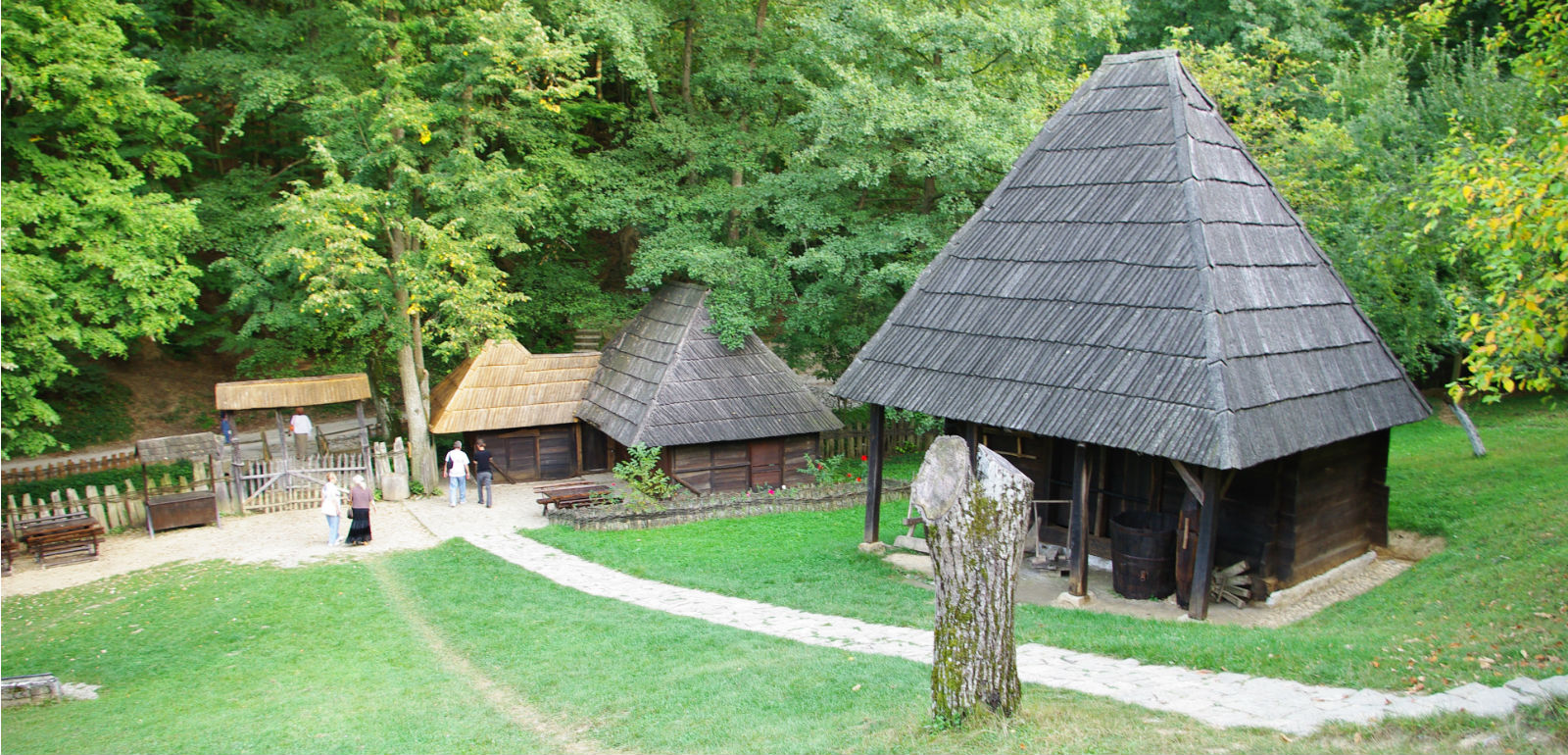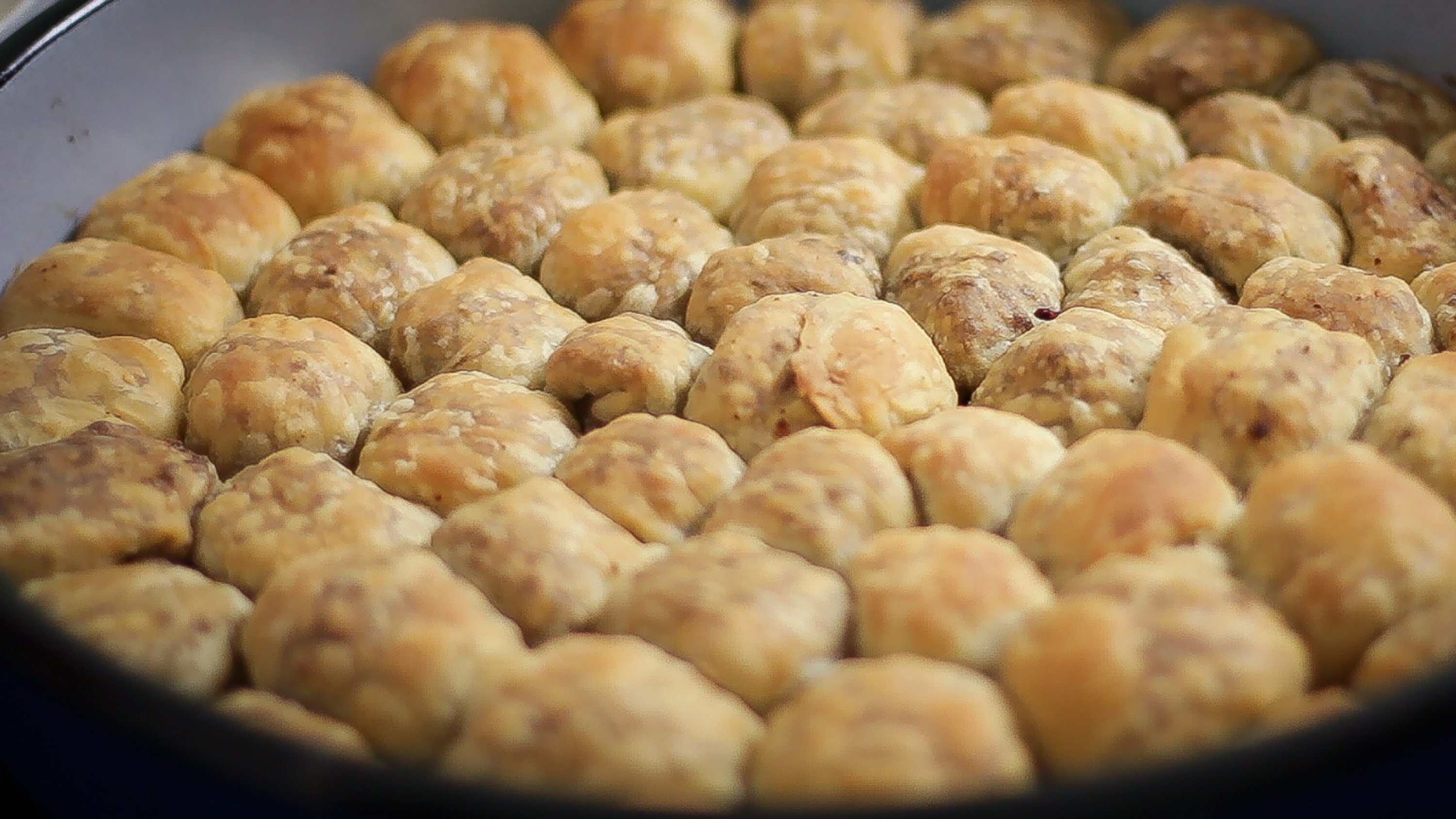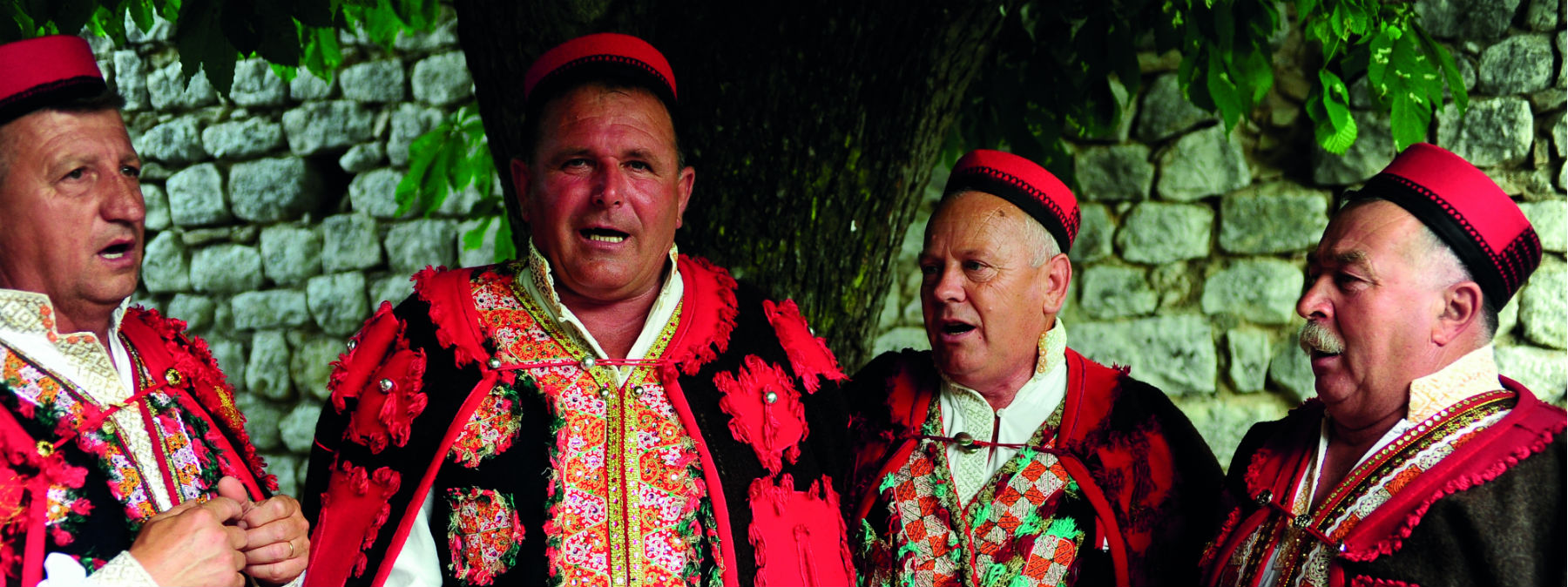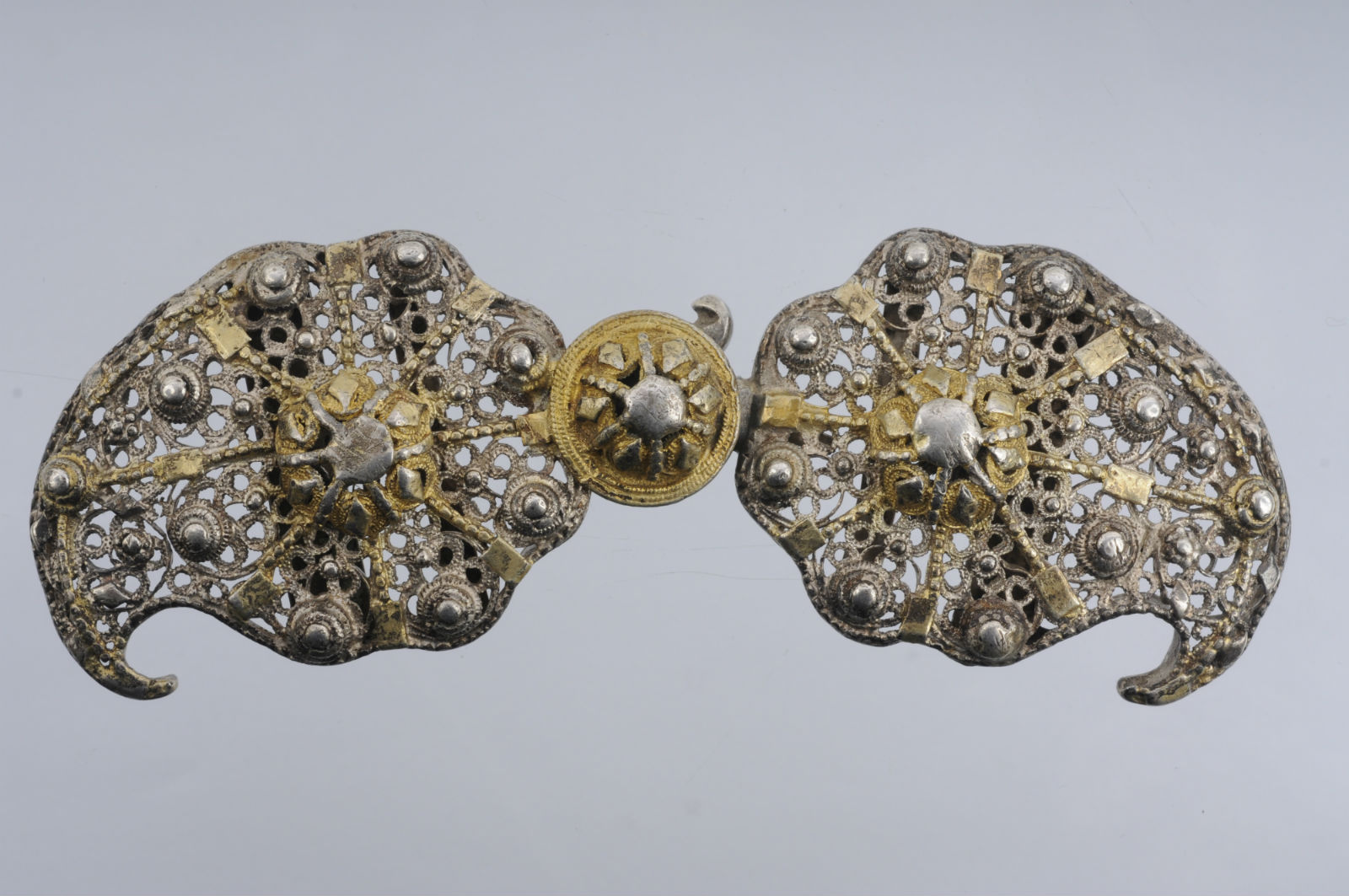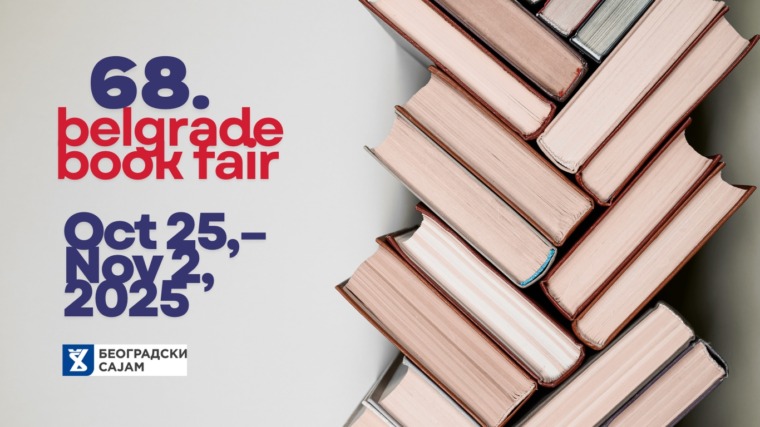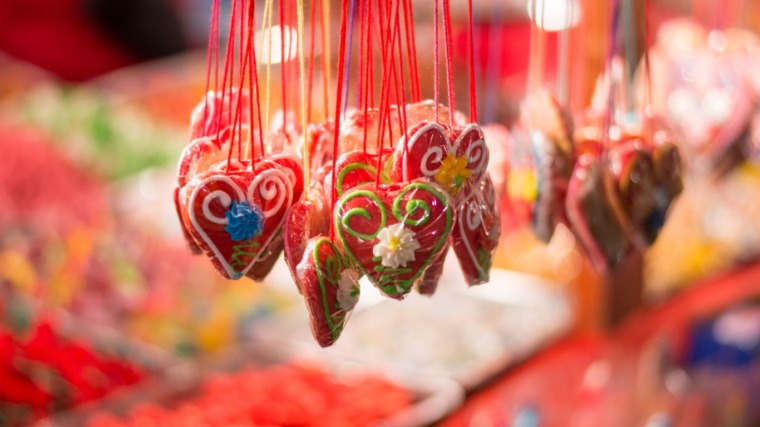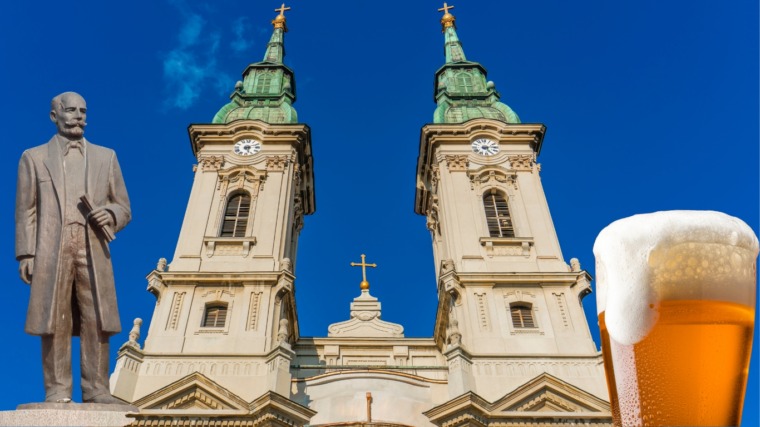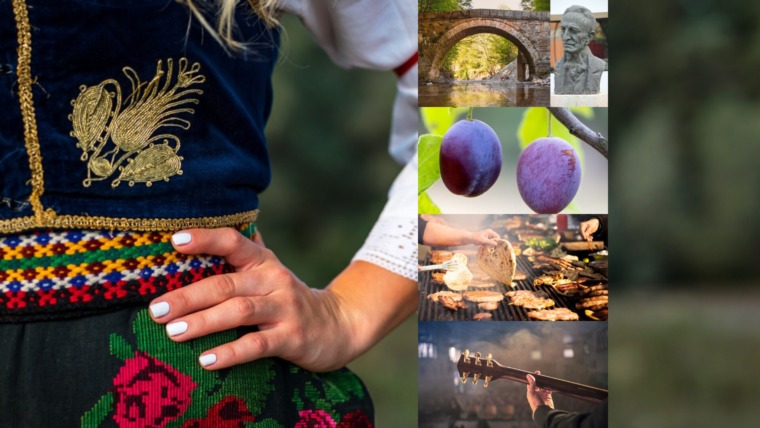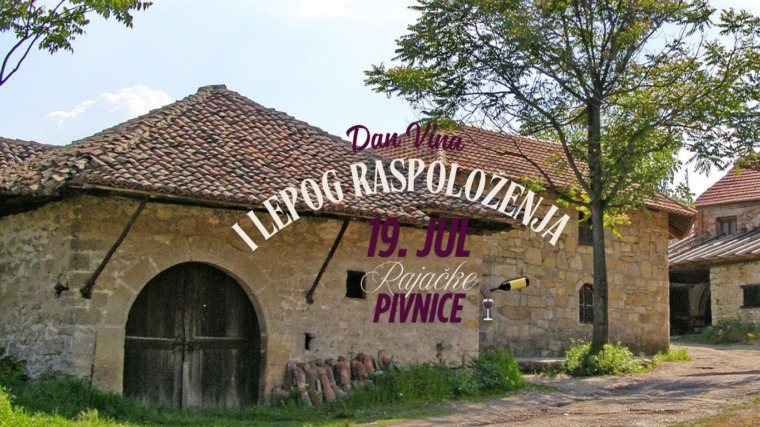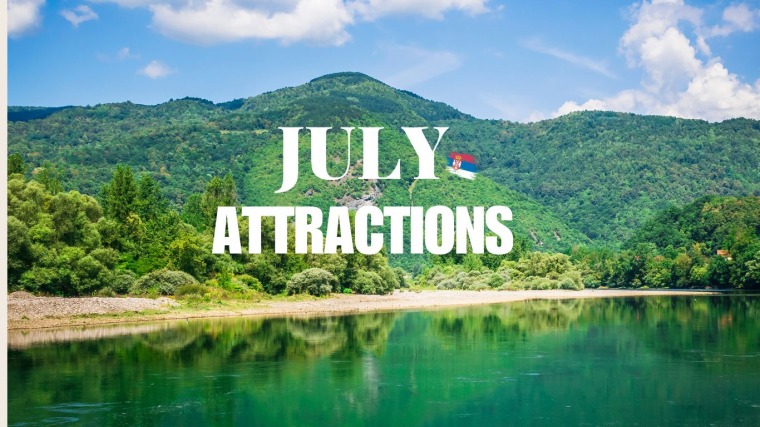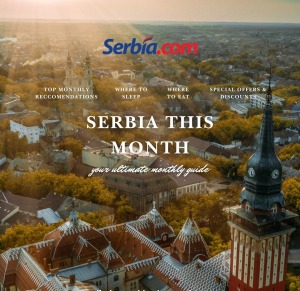It all began in 1933, in front of the restored memorial house of Vuk Stefanovic Karadzic.
Since that time, before every September’s Sunday known as Nativity of the Theotokos (religious festival celebrating the birth of Mary), a large number of people gather in Vuk’s home village called Trsic, to honor the father of modern Serbian language.
Vukov sabor, which is the oldest Serbian festival, has been held each year for eighty one years without interruption.
The first gatherings were held in the yard of Vuk’s house, and were primarily organized by the villagers. Over time, this event has attracted more and more visitors, and Vuk’s house became too small a space for gathering of all the people who wanted to attend. Therefore, in 1964 a mass labor action has been organized in order to expand and clean the space around Vuk’s home. The gathering then begins to take alarger scale of importance and it became one of the most attended events in Serbia.
Each year the program of the festival became more diverse and richer in content. The integral part of the program of each Vukov sabor are the competition of fiddlers (gusle – a single-stringed musical instrument), the orator speeches, theater performances, exhibitions, panelsand other cultural and artistic activities. However, Tršić is now a place where gatherings are held throughout the year and whose doors are always open for all the people who want to learn something new.

In the year of 1987, when two centuries from the birth of Vuk Stefanovic Karadzic was celebrated, more than 100 000 people attended the festival. All Yugoslav media reported on this great event and the importance of the event was getting even bigger. The significance of the event was affirmed by the visits of the greatest Serbian writers, poets, actors, scientists and politicians.
This year’s 81st Vukov Sabor celebrated the 200th anniversary of the “Pismenica” (grammar book written by Vuk Karadzic) and “Pjesnarica” (collection of folk poems collected by Vuk Karadzic), 100 years from the beginning of the First World War and the 150th anniversary of the birth of Branislav Nusic (famous Serbian writer). Just like every year, this year visitors were also able to enjoy the numerous cultural and artistic programs, as well as other diverse content.

